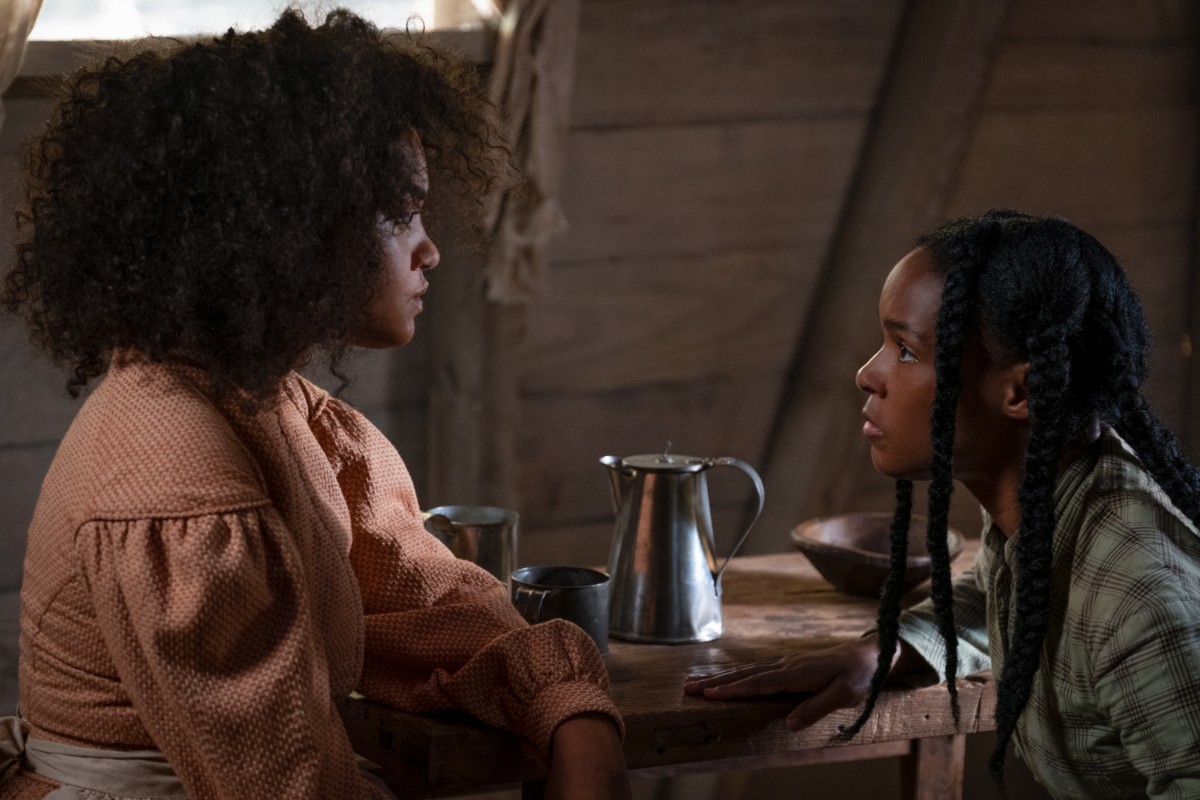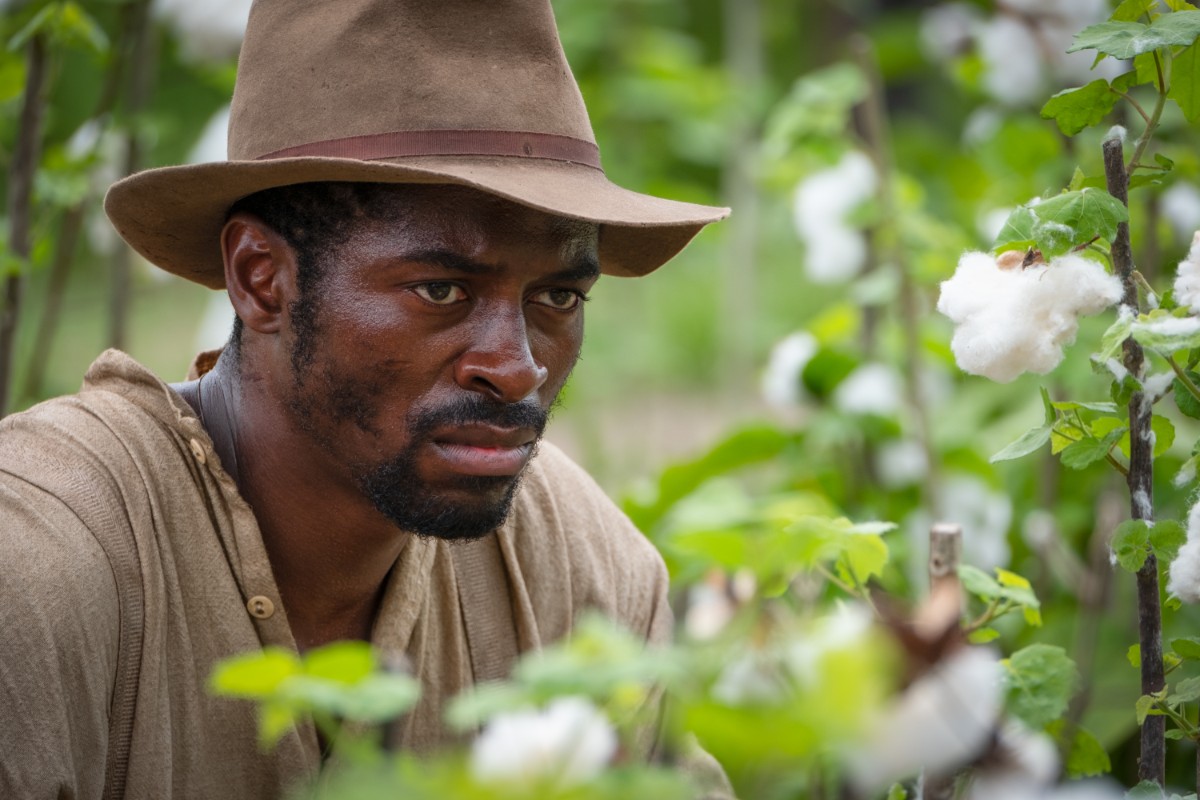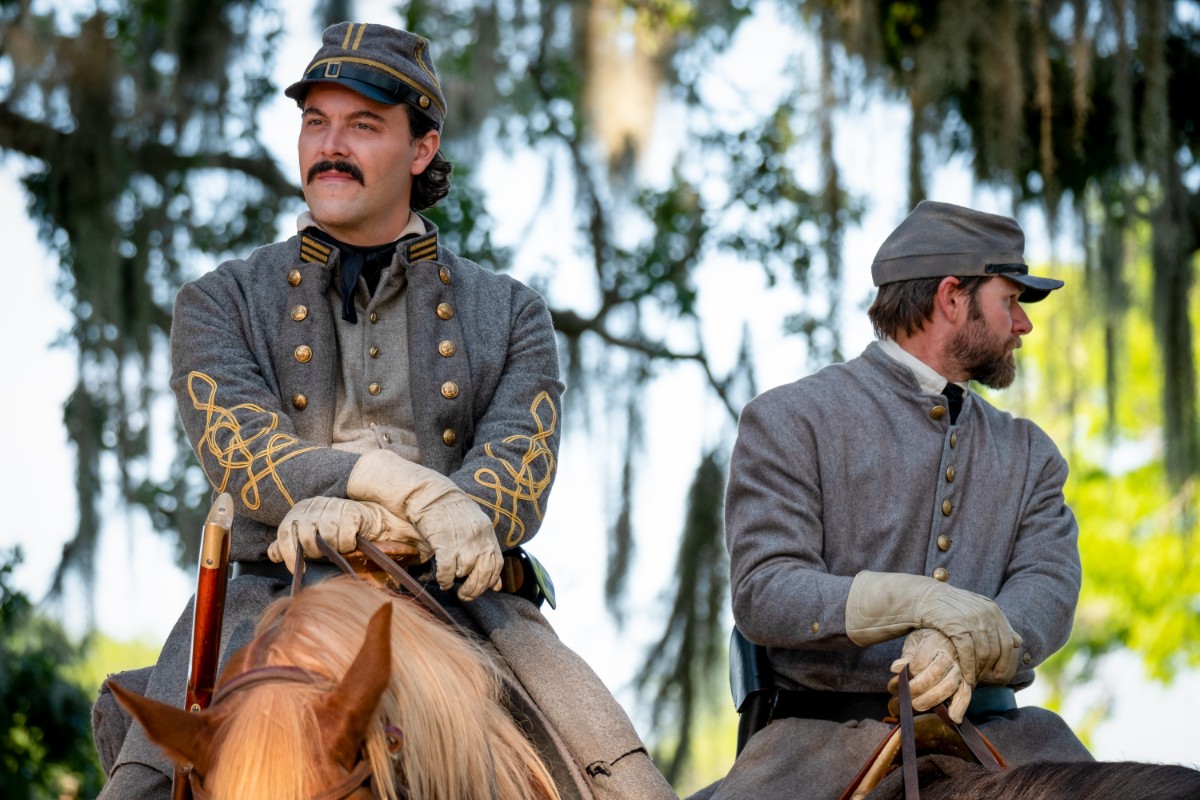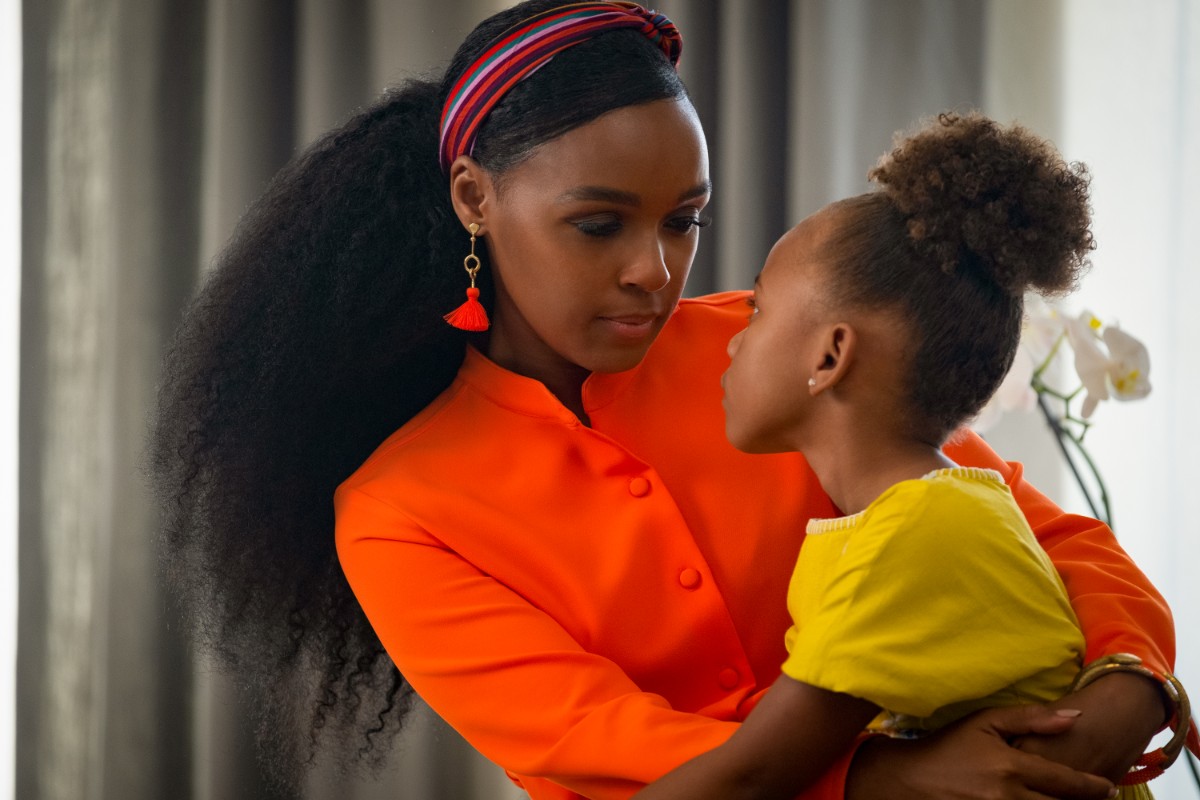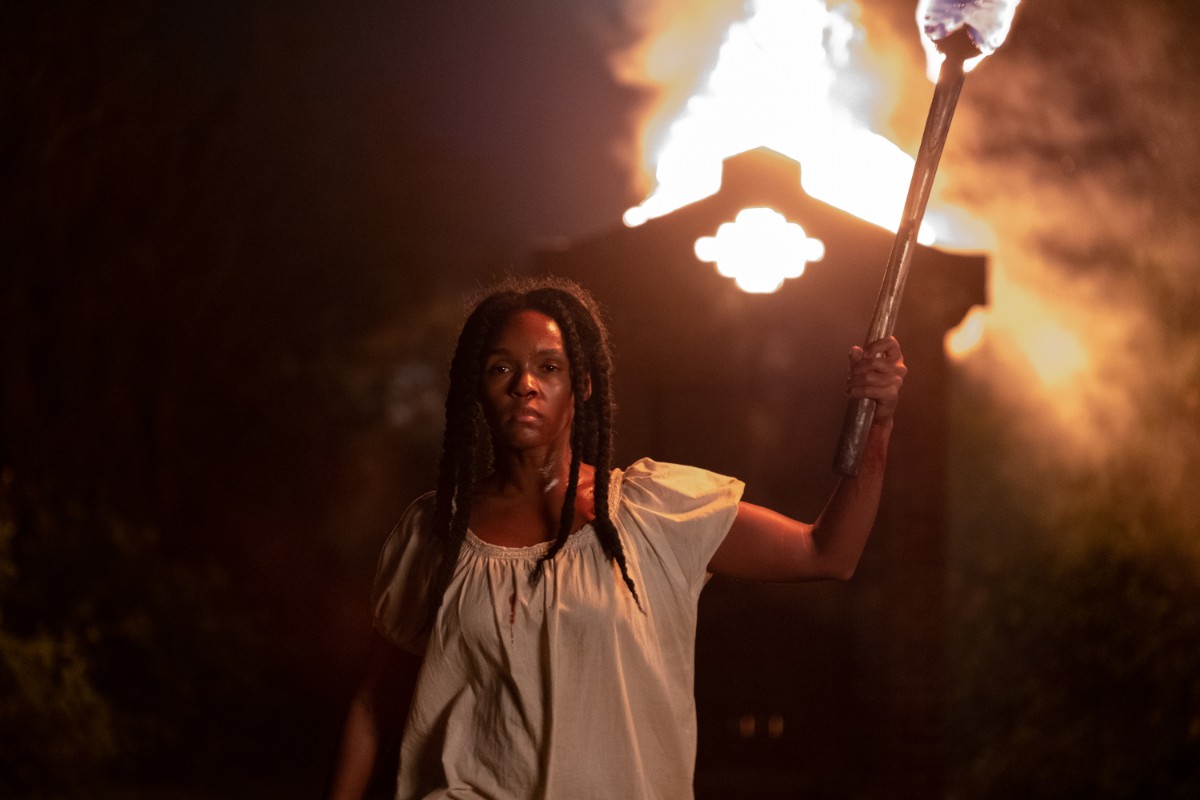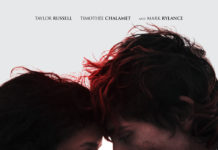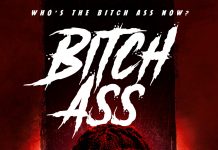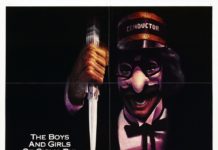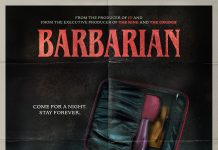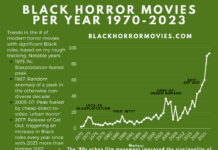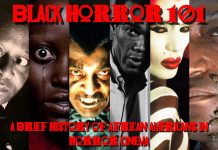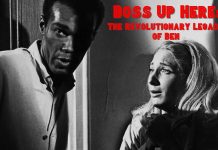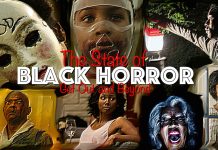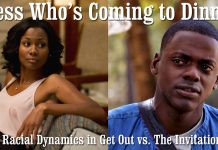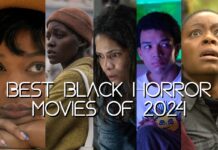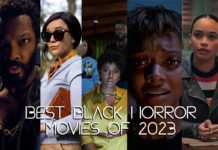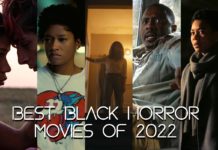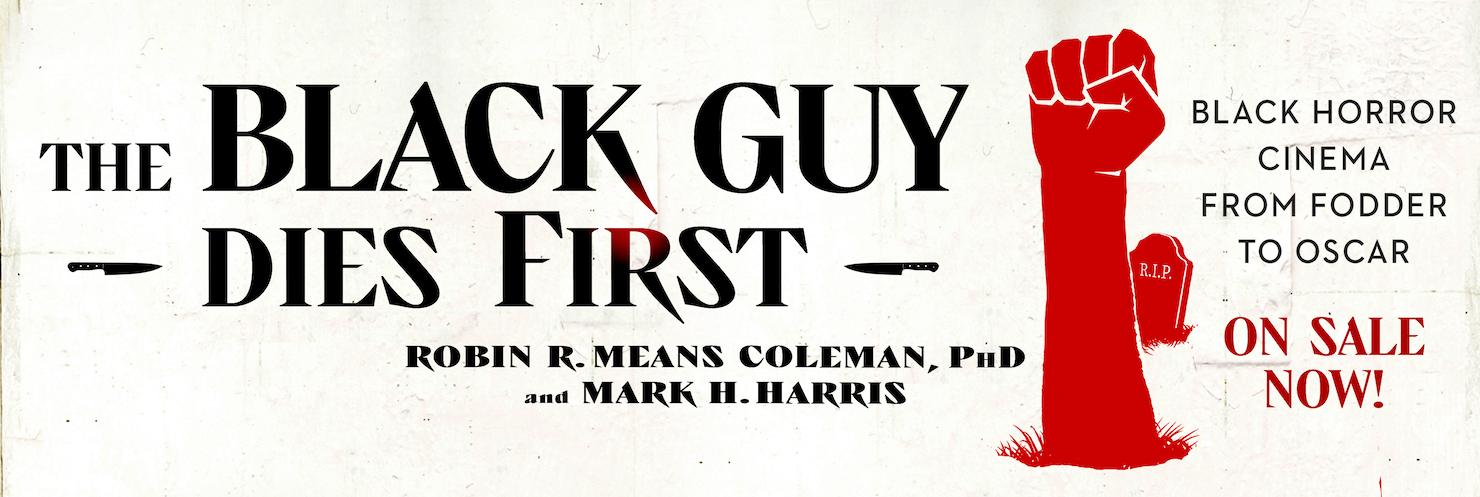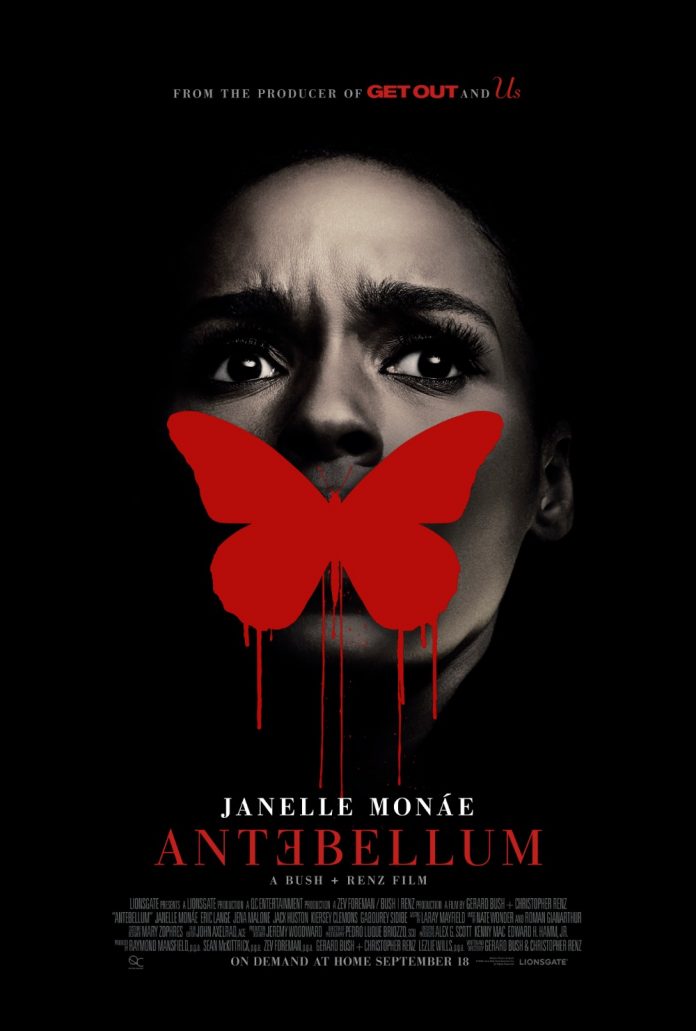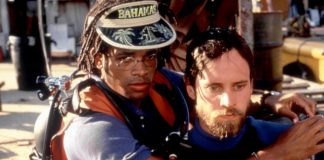About 30 minutes into Antebellum, Eve (Janelle Monáe) tells fellow slave Julia (Kiersey Clemons), who’s eager to escape her captivity, “Be patient. Just keep going,” and I couldn’t help but think she was speaking to us in the audience, because the film was already amounting to an exercise in frustration and wasted potential.
It was, at that point, a mediocre, run-of-the-mill slave drama with thinly drawn template characters and superficial dialogue. Having seen the trailer, I knew that there would be a leap into modern times at some point that would help distinguish the plot, so perhaps that hastened my anxiousness, but even without that foresight, Antebellum would’ve been a test of patience because the plot is so plodding and derivative up until that point, consisting of shallow conversations between the slaves about when they should escape interspersed with hysterics and scenes of abuse that seem to almost revel in black pain.
When we shift to a modern setting, intrigue builds with the sense of mystery over what this change means to the story, but otherwise, little improves in the film. In this alternate life, Monáe plays Veronica Henley, a sociologist and bestselling author who lectures about “revolution for historically marginalized people,” but this reality plays out just as tediously as her slave life, filled with mundane interactions with her family, friends and coworkers in a seemingly perfect life undercut by a couple of scenes of subtle racially-tinged slights to maintain the film’s woke quotient.
We find ourselves invested not in these bland characters, but merely in the explanation of how these two realities tie together, and when it starts to crystalize by the 80-minute mark, I still found myself trying to “be patient,” because SURELY this plot wasn’t going where it seemed to be going. But alas, it was.
I won’t spoil the reveal, but suffice it to say it’s FAR too implausible to believe, with no character — neither black nor white — acting like a rational human being. Granted, Get Out (whose success no doubt helped get this film greenlit) also featured a far-fetched plot, but it presented its implausibilities with a smart, satirical edge that explored an intriguing brand of racism by way of fetishism, while Antebellum is as hollow as the dumbed-down, old school white supremacy it portrays. Of course, you CAN make a good movie about straightforward racism and retribution, but it would have to be more eventful and entertaining than this disappointing blend of flat action and superficial characterizations.
It’s apparent that the writing-directing team of Gerard Bush and Christopher Renz made a name for itself via music videos and for the powerful social justice PSA “Against the Wall,” because while Antebellum is attractively shot, it struggles to pull together both the depth and breadth of content needed for a feature film. It’s a classic case of style over substance, building up to a climactic scene that’s almost comedic in its grandiosity under ridiculous circumstances. The slick look and penchant for slow motion make Antebellum feel like 12 Years a Slave as directed by Michael Bay. Supposedly, the story came from a dream that Bush had, and while the movie is well-meaning, it ultimately feels very much like a dream: visually striking, but shallow and nonsensical.
